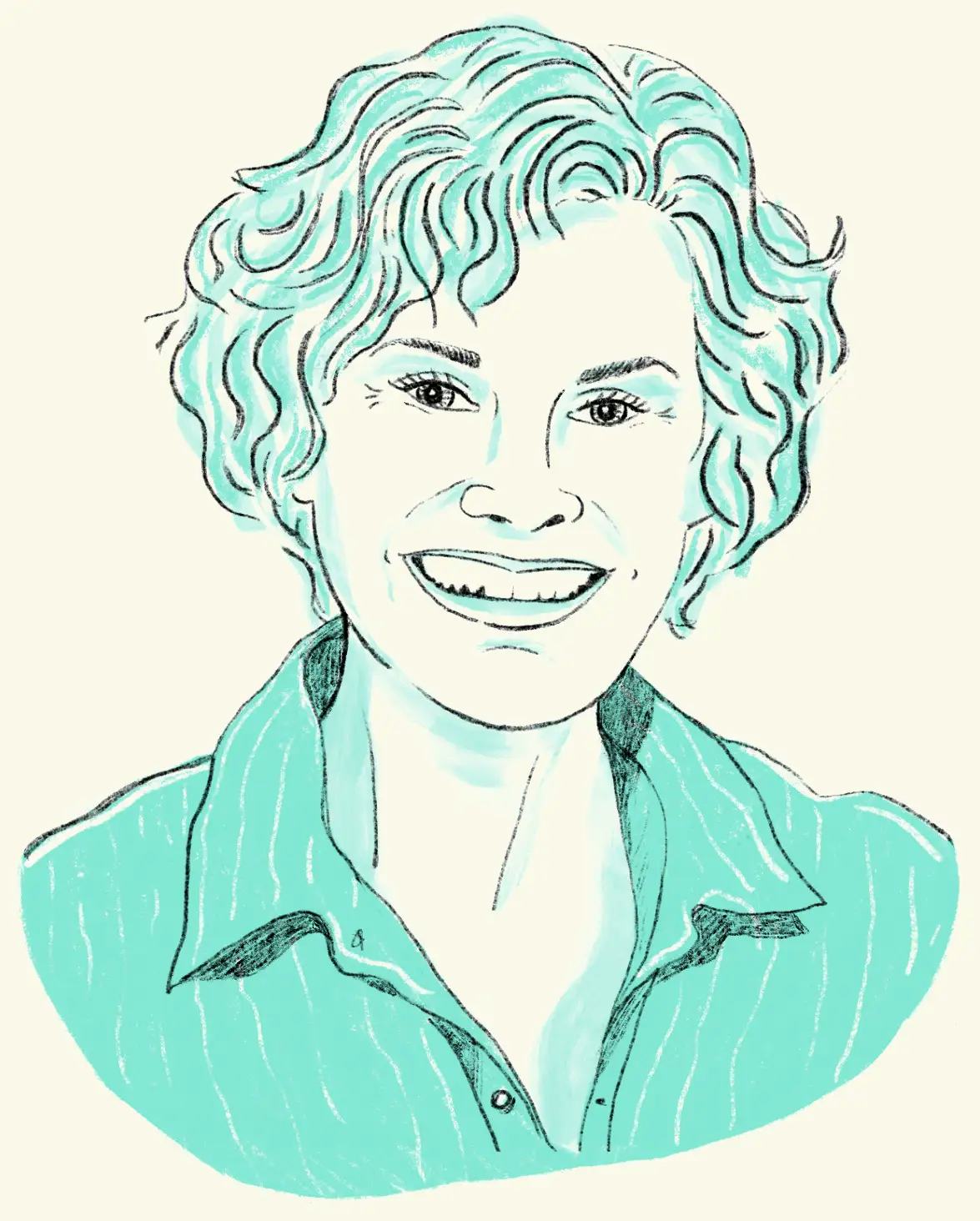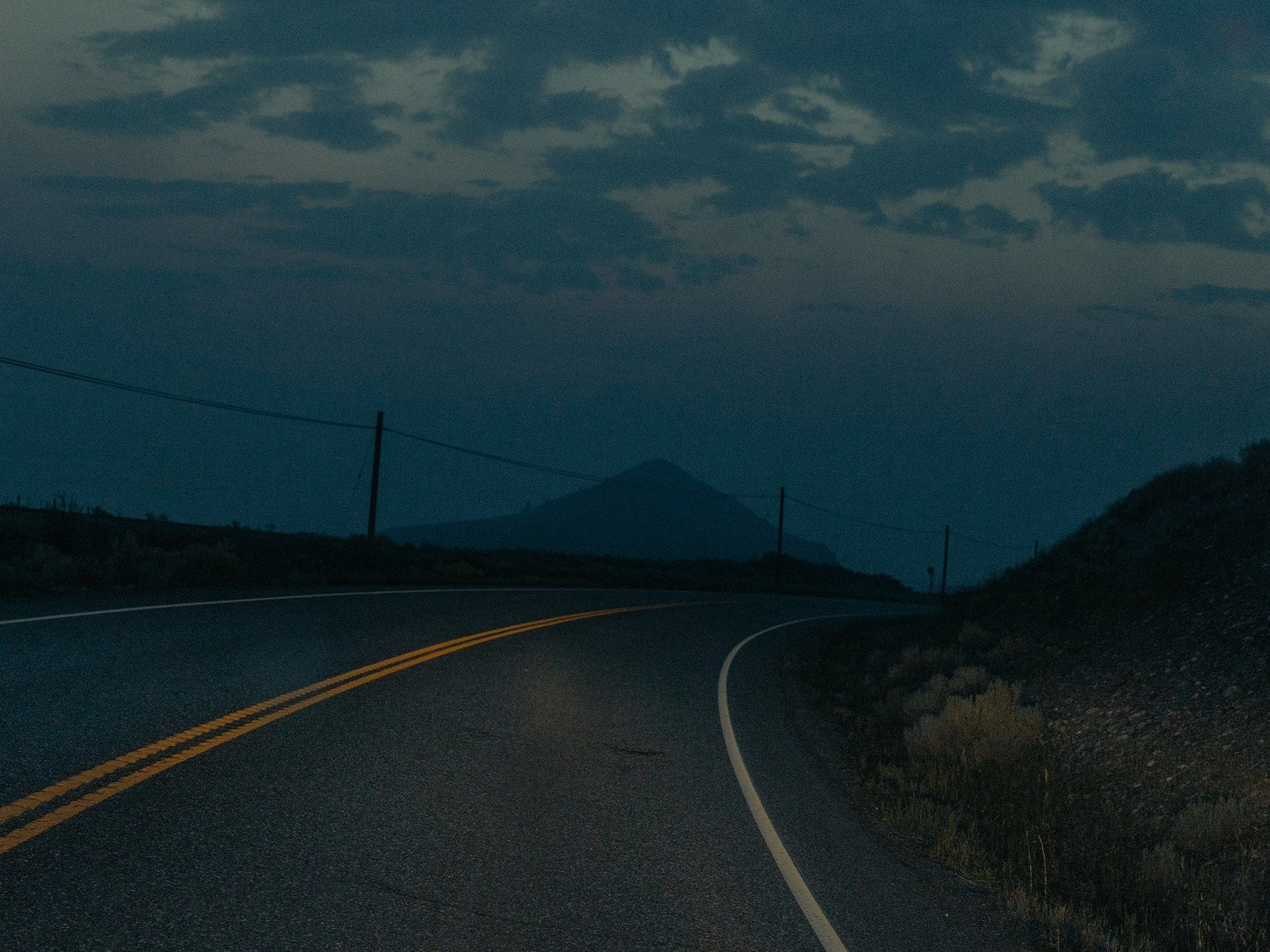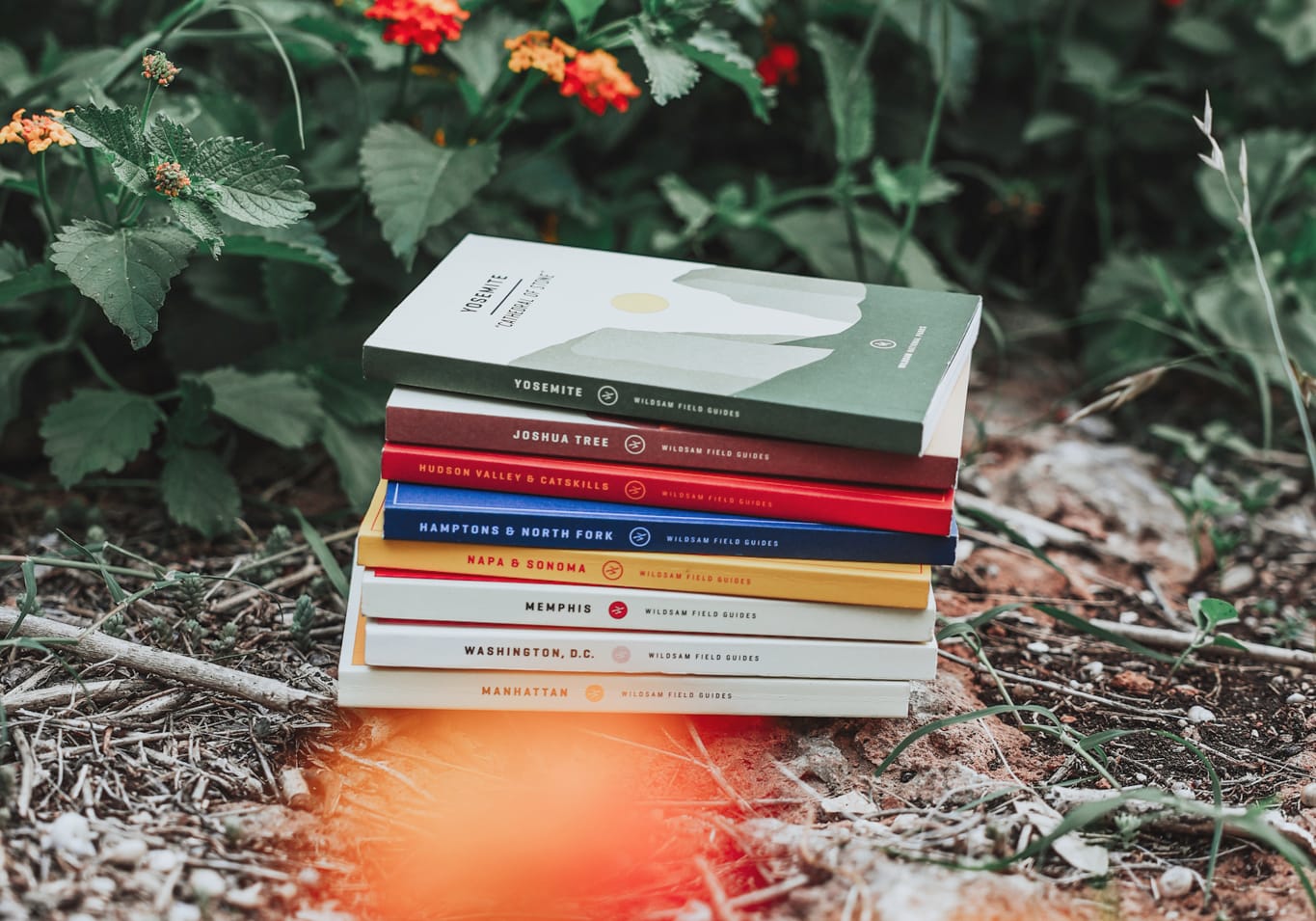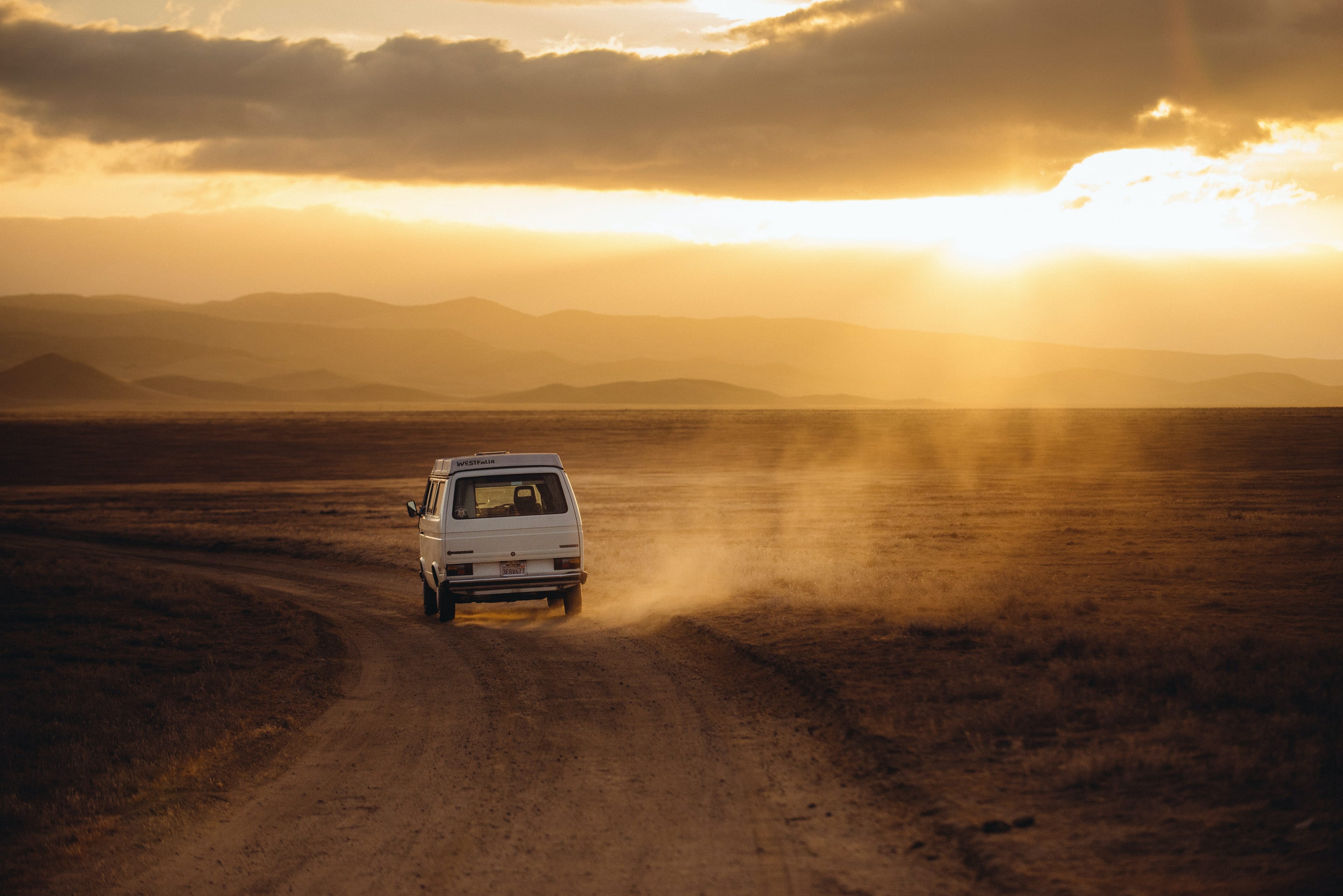The Wildsam Interview: Judy Blume
The acclaimed author talks her favorite bookstore, blue waters and the magic of Key West

From the moment we began work on our Florida Keys field guide, we had an interview aspiration: A conversation with Judy Blume.
The author’s beloved novels gave us an honest reflection of what it’s like to be a tween. These days, we also love that she runs a bookstore, Books & Books at the Studios of Key West. She's part of a community in a deep way that we cherish in storytelling about place.
In 2023, the film adaptation of Judy’s celebrated 1970 novel, Are You There God? It's Me, Margaret. finally got a silver screen moment, in a long-awaited adaptation starring Rachel McAdams, Kathy Bates, and Abby Ryder Fortson as Margaret and directed by Kelly Fremon Craig. A documentary, Judy Blume Forever, also premiered on Netflix.
With the flurry of attention on the author, we wanted to share part of our interview with her, a version of which also appears in our Florida Keys book. Because as The New York Times aptly noted last year: “The Judy Blume renaissance is upon us.”
WILDSAM: How did you first become enchanted with the Keys?
JUDY BLUME: We went to Key West, because I was trying to finish a book, Summer Sisters.
George and I were totally enchanted because we had the good fortune of renting a house, site-unseen and knowing nothing about Key West, really. It was owned by David Wolkowsky, “Mr. Key West.” We didn't know that either. But David took us in, and he introduced us to the most exciting, wonderful group of people, many of whom were writers. They had a special understanding of what it was like to be a writer–the ups and downs.
It’s always about the people. And that's how we fell in love.
How did the bookstore happen?
We knew Mitchell Kaplan from Books & Books in Coral Gables. We said, “Mitchell, you have to come open a Books & Books in Key West.”
George, my husband, who’s equally involved in the bookstore with me, he would try to find storefronts for Mitch that would make a good bookstore. Eventually Mitchell said, “George, it’s just too far. The rents are so high, I could never make this work. I can't be down there enough to really see what's going on. The only way I can see this happening is if you and Judy find a place and you can make it work,” he said, “I will be your mentor. I will affiliate with you. I will help you get this started and stick with you on it.”
I wasn’t one of those girls, or later women, who thought, “Oh God, someday I want to have a bookstore.” That wasn’t me. I used to play butcher when I was a little kid, with clay, making little steaks and little lamb chops and things with my clay. But I loved books, and I loved libraries, and I loved bookstores. The next thing we knew, we were putting together a bookstore. We had no training. We really learned on the spot. We learned by doing. And we learned because Mitchell sent down a woman who had worked for him for years. She came for a couple of weeks. I still quote Viv all the time. Other people roll their eyes, “There goes Judy quoting Viv.”
George does the business side. I’m more in the, should I call it, the creative side? I like to do displays. I like putting the new books out. I call it petting the books. There’s just something about the tactile, the touching of the books, the rearranging of the books, the straightening of the piles, it’s very satisfying for me.
The bookstore came along at the perfect time in my life. Because after I wrote In The Unlikely Event, I said to George, “This is it. I’m not doing this anymore. I don’t want to be locked up anymore.” Maybe I was close to 80, maybe I was 80. But on the other hand, I love to work and I love to do things. I like to have projects. This bookstore kind of fell into my lap at exactly that moment. So how lucky I am. Yes, it’s exhausting, but it’s very satisfying.
What has been surprising about running the shop?
It is very, very hard. Physically it’s hard because your stock is changing every day. I don’t try to move the boxes around. I’m old now. The younger ones can move them around. But someone has to decide on stock–this is always very sad and I never liked doing it–but Viv taught me, she said, “Judy, you have to be ruthless in knowing what you need to return to make room for new stock.”
At first, I just couldn’t do it as a writer. I couldn't put my hands on a book and say, “Okay, this has had six months or a year.” Most stock changes a whole lot faster than that.
Also, dusting. Everybody has to dust. I dust. Books make a lot of dust, so those shelves have to be dusted all the time.
People talk about how Key West has changed. I wonder what you make of that, and where you see it keeping its magic these days?
When we came almost 30 years ago, the old-timers were saying, “Ah, you should have seen it when we knew it.” So I think they've always been talking about it.
We have seen a lot of outsiders coming and buying up real estate in Old Town, buying old houses and then using them for vacation rentals. That’s a big change. I don’t know how long that will last, because the prices have gone up so much. We would like to see people move in and live.
What is it about Key West that has drawn so many writers?
Well, I think it’s the history, of course. It’s the absolute charm and wonder.
I get excited every time I fly in. I’m usually gone every September, but coming back home when I see the water, and I start to see Key West the island, I always cry. Because it is magical. And it has to always be magical. I think as long as younger people keep coming…There are a lot of young people in Key West, but as far as young writers, it’s very hard because you have to have the money to live. It’s become very difficult to find affordable housing.
What does a perfect day or night in Key West look like for you?
George and I walk every morning. We walk with Scandinavian walking sticks, where people look at us and say, “Oh, are you getting ready to go to the Alps?” It’s very good exercise.
We like to walk two miles every morning. We have two different walks, but they’re both ocean view walks. I love that. I have to remind myself all the time, “Look where you live, Judy. Look out, you live on the ocean. How lucky are you?” Because you can forget that when you work in town, and you come home tired. I like to see that ocean every morning.
And then I hope I’ll be able to ride my bike to the store. I work only three days a week now. Tuesday is the hardest day at the store, because it’s new book Tuesday every week. It’s exciting. Then I come home and probably fall onto a sofa.
A perfect day would end having dinner with George, a pasta dinner with George on our balcony. We overlook the ocean watching the pelicans. Or maybe lately, if it’s windy, we can watch the kite boarders, and what a show that is. They’re out there in the wind with all those beautiful kites. Sometimes the moon makes a beautiful show for us.
When you think about Key West, do you feel a sense of wonder and a sense of story in a special way?
When I was a little girl, I lived in Miami Beach for two years. One of my books, Starring Sally J. Freedman as Herself, is my most autobiographical book about that time. It was in the late ‘40s. I was in third grade and fourth grade. And I loved it. I loved what felt to me like freedom. I could play outside after supper with my friends. In those days, you could be a very free range child. It seemed to me the most wonderful thing in the world to live that way.
When I got to Key West, I was like, “Oh my God, I'm riding the same kind of bike I rode when I was living in Miami Beach,” which is basically a cruiser, no hand brakes or anything. It’s a basic Schwinn bike I had when I was little. It just reminds me of that. It smells like that. So for me, the magic of my childhood is with me every day being there.

Field Guide
Florida Keys
Roadside diners, vibrant reef sites, shipwrecks, beloved bars, literary heritage and maritime traditions.






